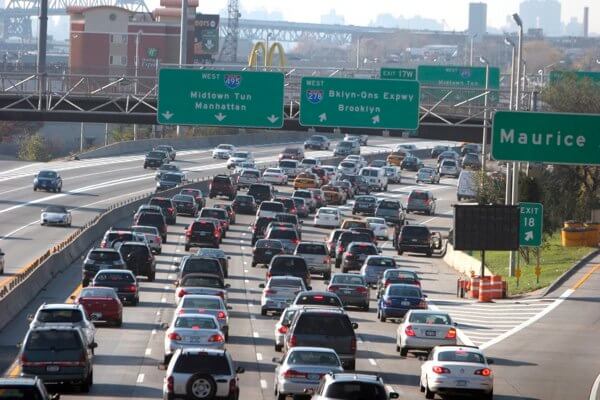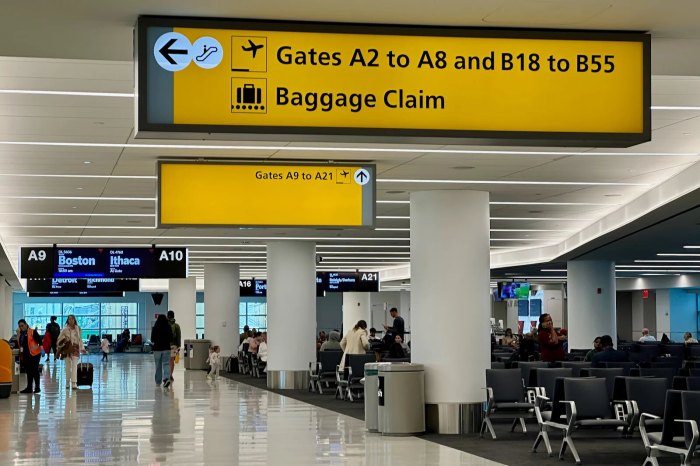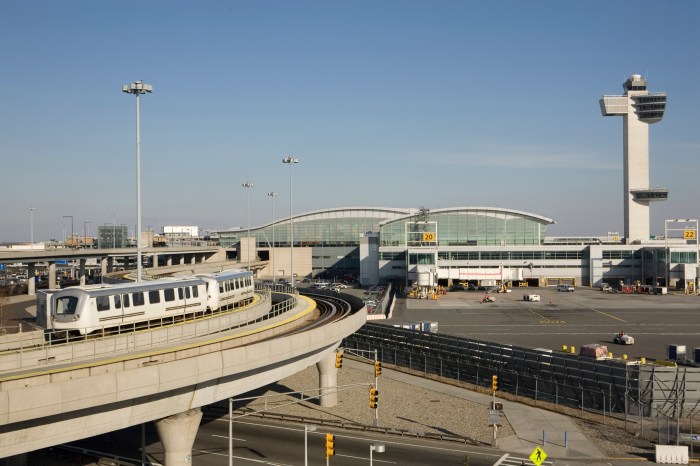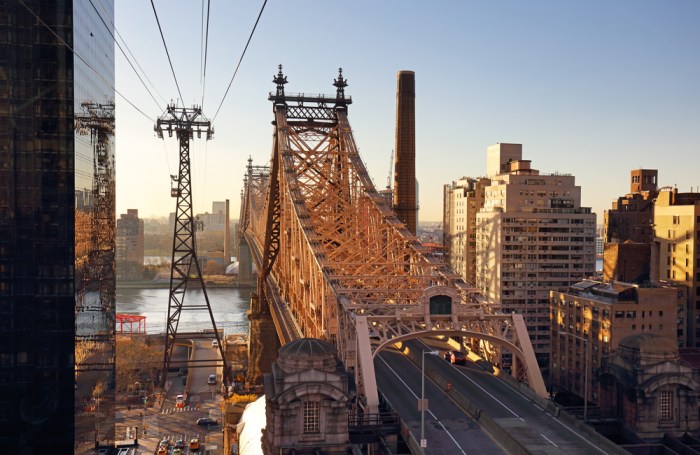By Mark Hallum
Gov. Andrew Cuomo fielded a controversial funding proposal for the MTA and the failing subway system Monday by claiming “congestion pricing is an idea whose time has come.”
Details of the plan are scarce, but Councilman I. Daneek Miller (D-St. Albans) spoke out against Cuomo’s proposal for commuters in his district — many of whom use personal vehicles to get to and from work — insisting his constituents would suffer financially under any premium charge for roadways or public transportation.
“The MTA must not charge those living in transportation deserts to subsidize those who already enjoy access to the subway system, especially those who live in luxury in Manhattan,” Miller said. “No matter the new details of this scheme, which no matter how you cut, it will be a regressive tax that hurts working families.”
A spokesman for Cuomo’s office said the congestion pricing proposal is still in the works, but would be implemented within the best interest of residents from Queens.
“This administration has been working with interested parties and the legislature to develop a proposal that would not negatively impact the outer-boroughs,” the spokesman said. “Bottom line – clearly congestion pricing is an idea whose time has come and we need to be discussing all options so we can invest in our system long-term.”Cuomo’s proposal is a resurrection of a failed campaign by former Mayor Michael Bloomberg, who in 2008 attempted to fund the MTA through $8 road fares for drivers commuting into Manhattan. Although the price hike was popular in the City Council, with the exception of elected officials from more suburban areas such as then-Councilman Tony Avella (D-Bayside), the proposal was killed at the state level.
“Plus, those residents who will pay the new tolls will not realize any benefits and these increased costs will hurt our local businesses,” Miller said. “Better ways exist and make sense to resource the MTA to not only pay for needed repairs but also increase access and make the entire system more accessible and equitable for the entire city, and I and my colleagues will continue to advocate for these reforms.”
The comments made by Cuomo to the New York Times come just over a week after Mayor Bill de Blasio proposed a tax on the city’s wealthy to establish a consistent revenue stream for the state agency to fund capital improvements and other operations costs.
De Blasio’s tax plan was not far off from a piece of legislation introduced by state Sen. Michael Gianaris (D-Astoria) in June called “Better Trains, Better Cities.” The bill would create a temporary, three-year surcharge on personal income taxes for those in the MTA region earning more than $1 million annually, as well as on New York City hotel and motel taxes.
Gianaris estimated that the two levies combined would raise more than $2 billion annually, which would be dedicated exclusively to maintaining and upgrading the MTA system at the discretion of an emergency manager.
Gianaris was pleased with the mayor’s proposal and supported the fact that City Hall would include the Fare Fairs program.
“I’m glad support is growing for this idea and hopefully we’ll get to the point where we can get it in action soon, because everyone agrees the subway just needs an infusion of resources to make the repairs it needs to make. It seems to make sense that the ones who can most afford it are the ones who have to chip in for it,” Gianaris said, adding that although the plan was slightly different from his own proposal, he was happy with the mayor’s announcement.
Newly appointed MTA Chairman Joseph Lhota rejected the relevance of the de Blasio’s millionaire tax, however, claiming the MTA could not wait until the next tax cycle, nearly a year away, to fund the immense task stabilizing and modernizing the failing subways.
Cuomo announced a state of emergency in late June regarding the subways, fraught with meltdowns and delays, to expedite infrastructure overhauls and poured an extra $1 billion into the agency’s capital funds.
Reach reporter Mark Hallum by e-mail at mhall




































